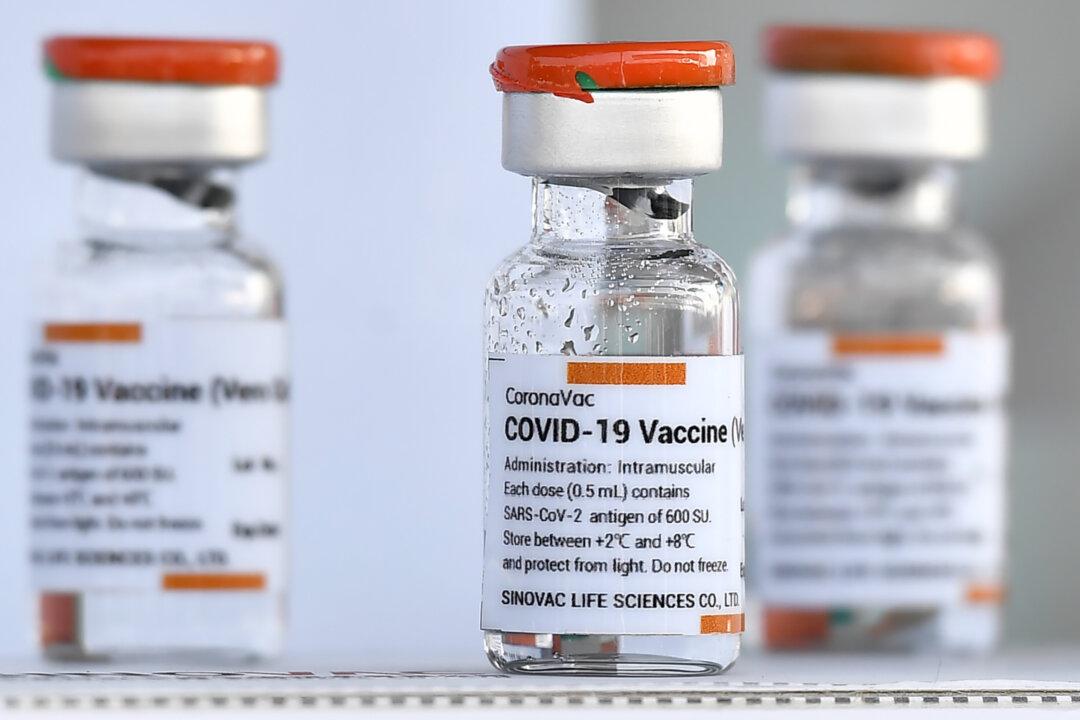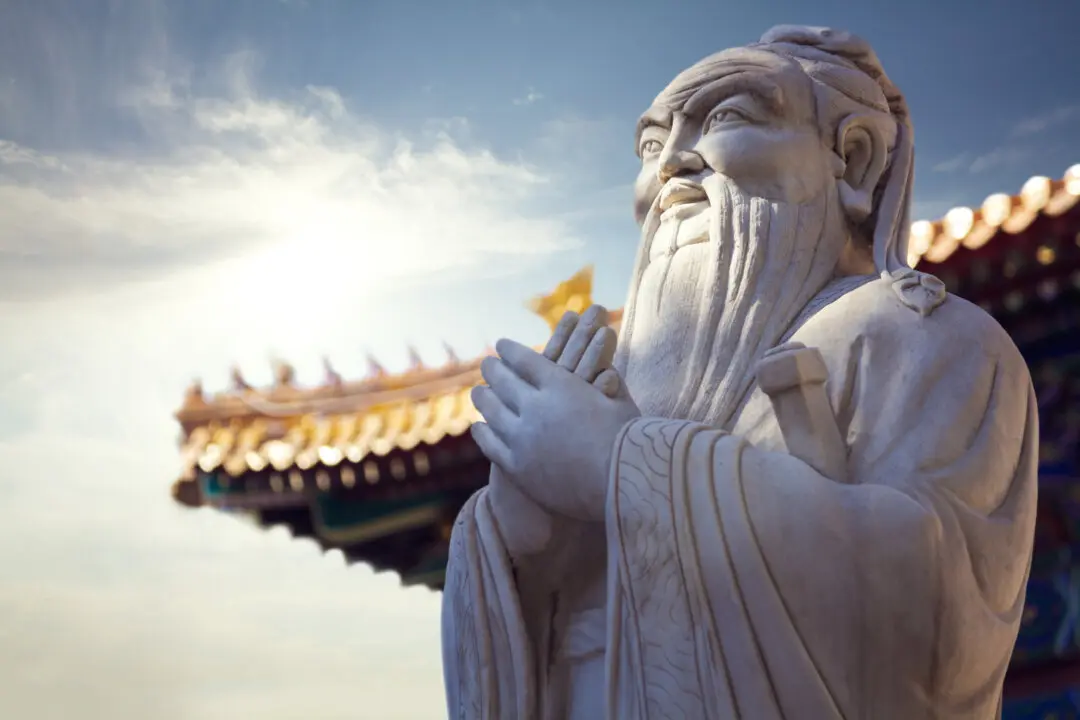The first quarter financial reports of COVID-19 vaccine and testing reagent manufacturers in China have shown huge profits compared to the same period last year.
China has experienced prolonged lockdowns and mandatory COVID-19 testing and vaccination nationwide since the outbreak of the pandemic. The Chinese regime’s top health body announced in April that China had administered a total of 3.27 billion doses of the COVID-19 vaccines as of March 31, 2022, at a cost of nearly $19 billion.





